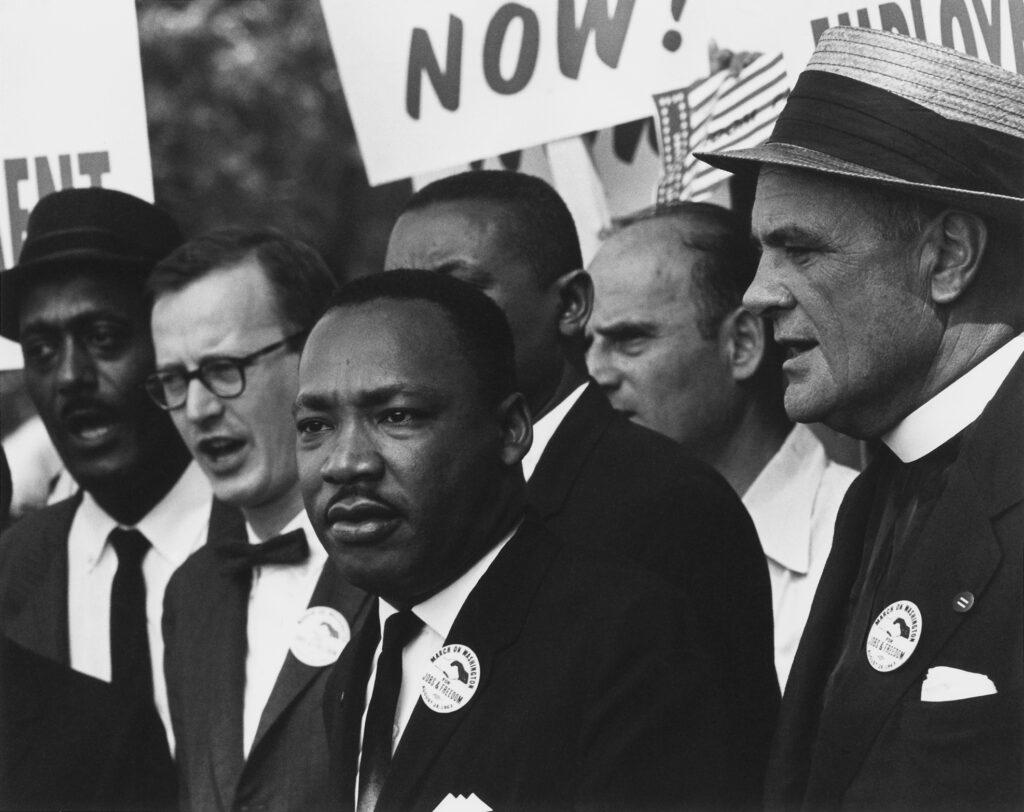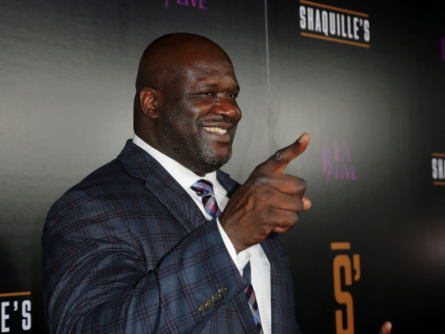Even as life for Blacks in America has improved since Dr. King’s day, racial disparities remain. Philanthropy can help to remedy those disparities.
If Dr. Martin Luther King, Jr. were alive today, he might be in awe of the economic and social progress that millions of Black households enjoy—and yet still amazed that, even today, so many Blacks still march around the same mountain of poverty. His birthday offers a moment to reflect on how each of us can aid the work of knocking down impediments that prevent Americans of every creed from experiencing the prosperity of capitalism. That work can begin by opening our wallets.
Private giving does more than alleviate hardship and fill basic needs—as important as these are. It serves a critical role in advancing racial equality and economic mobility. Philanthropy has supported efforts that create self-sufficiency by helping individuals overcome personal obstacles and build the human capital to achieve economic and social mobility. Take Cincinnati Works, for example, a Cincinnati-based program founded by a local retired accounting professional who wanted to attack poverty in his community. This program reduced recidivism among its participants by 50%.
Demanding that philanthropy abandon proven civil-society solutions for narrowly-defined racial justice efforts (as was the trend in 2020) will starve individuals who are hungry for better lives access to time-tested paths upwards. Now is the time to redouble efforts to promote self-reliance, not discard them. Philanthropy has a track record for funding programs that both connect individuals to careers, but also address issues of character, personal behavior, and habits
By the end of Dr. King’s life in 1968, Blacks had won major legislative and Court victories towards equality, but their economic plight remained desperate. Lunch counters and schools were being integrated. Blacks joined voter rolls en masse, no longer impeded by arbitrary and capricious voting laws. The good conscience of most Americans would not tolerate the brutality of segregationists like Bull Connors.
But the more enduring problem for Blacks became how to achieve economic security and advancement. Dr. King wrote about the steep ascent for Blacks in 1966 opining, “Negroes need the kind of employment that lasts the year through. They need the opportunity to advance on the job; they need the type of employment that feeds, clothes, educates and stabilizes a family.”
Today, America is not what it was when Dr. King wrote those words, and we should celebrate that. In 1966, four out of ten Blacks lived in poverty. That has fallen to two out of ten today with Black poverty hitting its lowest recorded level in 2019. Not only is there a growing Black millionaire class, but seven self-made Black billionaires are counted on Forbes’ list of the nation’s wealthiest 614. A renaissance of Black entrepreneurship reminiscent of Black Wall Street is blossoming across the country.
Nevertheless, despite this rosier economic picture for Blacks today, racial disparities persist in employment, income, poverty, homeownership, educational attainment, incarceration, wealth, and more.
A quality education is the building block for economic stability and mobility. Yet, our primary and secondary education system fails too many of our children, especially in Black, Hispanic, and poor communities. School choice is an undeniable solution. It frees children from consignment to underperforming local schools and may lessen current-day educational segregation. Stanford research also found better outcomes for students in charter schools than traditional public school students, especially Black students.
Completing high school is necessary to secure full-time employment and an imperative to stay out of poverty. Financially supporting school choice with our own money, as well as enrichment programs that supplement class learning and take students out of their surroundings, are investments in human capital that will pay off in better-prepared adults.
As empowering as it is to accumulate skills or obtain a career, not every person has the motivation, know-how, or wherewithal to do so on his own. Generational poverty, addiction, and criminal backgrounds can make escaping poverty seem impossible. However, across the country, men and women who have overcome these obstacles are creating community-based initiatives to lead others to success. By resourcing these efforts and supporting organizations like the Woodson Center, which find these ground-up solutions, donors can help make strides in achieving racial equality.
Dr. King called it a “cruel jest to say to a bootless man that he ought to lift himself by his own bootstraps.” Nevertheless, he firmly believed that “we ought to do all we can and seek to lift ourselves by our own bootstraps.” Private philanthropy can outfit children with the proverbial boots they need to do the hard work of pursuing opportunities in America.






